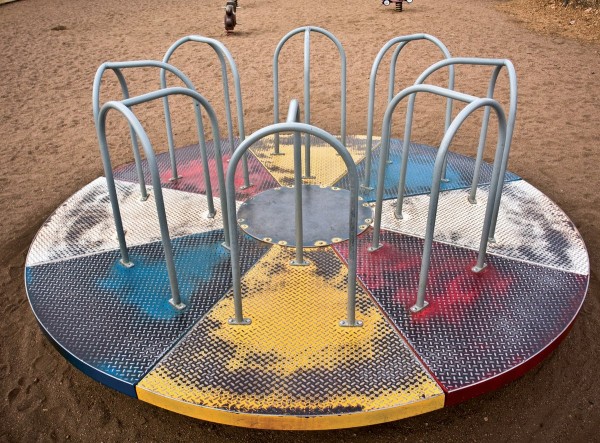Emotional distancing by joking
Tõnu Naelapea
Folklorist Alan Dundes of the University of California, Berkeley was a master at explaining why people react the way they do to unexpected circumstances, unpleasantness, stress and anxiety. Most often with humour, even of the gallows variety. Alas, decades ago I loaned – yes, not lent, that is a period of solemn religious observance when a Christian fasts or observes what he/she eats (wait a minute, that is April 2020 in reality, nothing on the shelves in places) – Dundes’ wonderful book “Cracking Jokes” to someone. Could not have been a friend, as I have not seen it since, and do not remember to whom the loan was generously proffered.
Depending on where you live, physical distancing may not be a challenge. Those with backyards and parks nearby can get their exercise, sunshine and Vitamin D. Pity the downtown high-rise dwellers. Yet emotional and intellectual distancing is tougher to achieve. Enter humour.
Dundes analyzed why humankind reverts to black humour during times of unease and crisis. For example, the numerous jokes created during and after the Roe vs. Wade court case, allowing a woman the right to choose to terminate her pregnancy, her body after all, set the stage for the still current extremely polarized abortion debate. Grisly jokes to cope with an issue that many did not comprehend soon made the rounds. Those that I remember are not suitable for a family newspaper. Another category was genocide. The jokes that emerged after the extent of the Holocaust became known are often truly tasteless. But Dundes argues that is how humanity, or a part of it, deals with the mind-boggling, the uncomfortable. The folklorist had no problem with including examples in his book as proof.
Quadriplegic and amputee jokes made the rounds when those poor souls were being introduced into society as a means of saying - this is life. Stuff happens. Gruesome, yes. But the very act of laughing is a defence mechanism. An attempt to deflect reality. There is no other explanation for the preponderance of such “jokes” during times difficult to comprehend, much less to cope with.
The folklorist also addressed the humour of various nationalities. Estonians are a stoic, hard-working people. Who for centuries, up to the present relied on humour as a stress releaser. Our islanders especially are known for straight-faced seriously real wit. We are not alone in this regard.
Allow me to recall one German example from another Dundes book, one that I have used frequently. The title is “Life is Like a Chicken Coop Ladder”. From the folk saying Unsere Leben is wie eine Kühnestalleleiter. Kurz und scheissig (Our life is like a chicken coop ladder. Short and shitty).
Which brings us to the taboo topic – death. We use euphemisms, hardly ever joke about it. Estonians “put their ears under their head”. Or hang their spoon on a coathook, or throw the utensil into the corner, referring to the farmstead practice of eating porridge from a common bowl with one’s own spoon. Dundes explained this as I recall by noting that death is the biggest mystery of all, not to be trifled with.
I have yet to hear black humour during this pandemic. Okay, boomer eradicator, even belonging to that demographic made me crack a smile. But like much such viral contagions this will not extirpate our species. Unfortunately it is the aged and already frail that the pandemic takes to eternal rest. Many have recovered. I belive it is resiliency in the face of incredible challenges coupled with a sense of humour and reality that enables survival. And common sense. I truly wish that the far-too-numerous morons out there followed the guidelines established by Public Health, all medical professionals, at last strongly emphasized by politicians.
Being housebound is not pleasant. But the obvious course of action. A good friend calls Public Health asking us to isolate state communism. Methinks not. Having too much time on my hands has led me to be frivolous. (I wonder what Dundes, who shuffled off this mortal coil in 2005 would make of the present.) The 1979 Knack hit “My Sharona” has become my corona, singing it only at home so as not to offend.
And I call the virus Corvid-13. Corvids are the crow family, for many the black bird is an omen of death. 13 of course is for the superstitious a bad number. And interestingly, I have seen and heard them a lot recently, realizing as well, that it has been a while since noticing them. However, that is as far as I have gone. This is war, and the humour of soldiers was often profane and morbid. I do hope that I do not go that far, and that soon there will be a light in the tunnel so that I can get out of my bat-cave. Oops, I did it again.
Emotional distancing by joking
Meelejahutus | 09 Apr 2020 | EWR
Meelejahutus
TRENDING



























